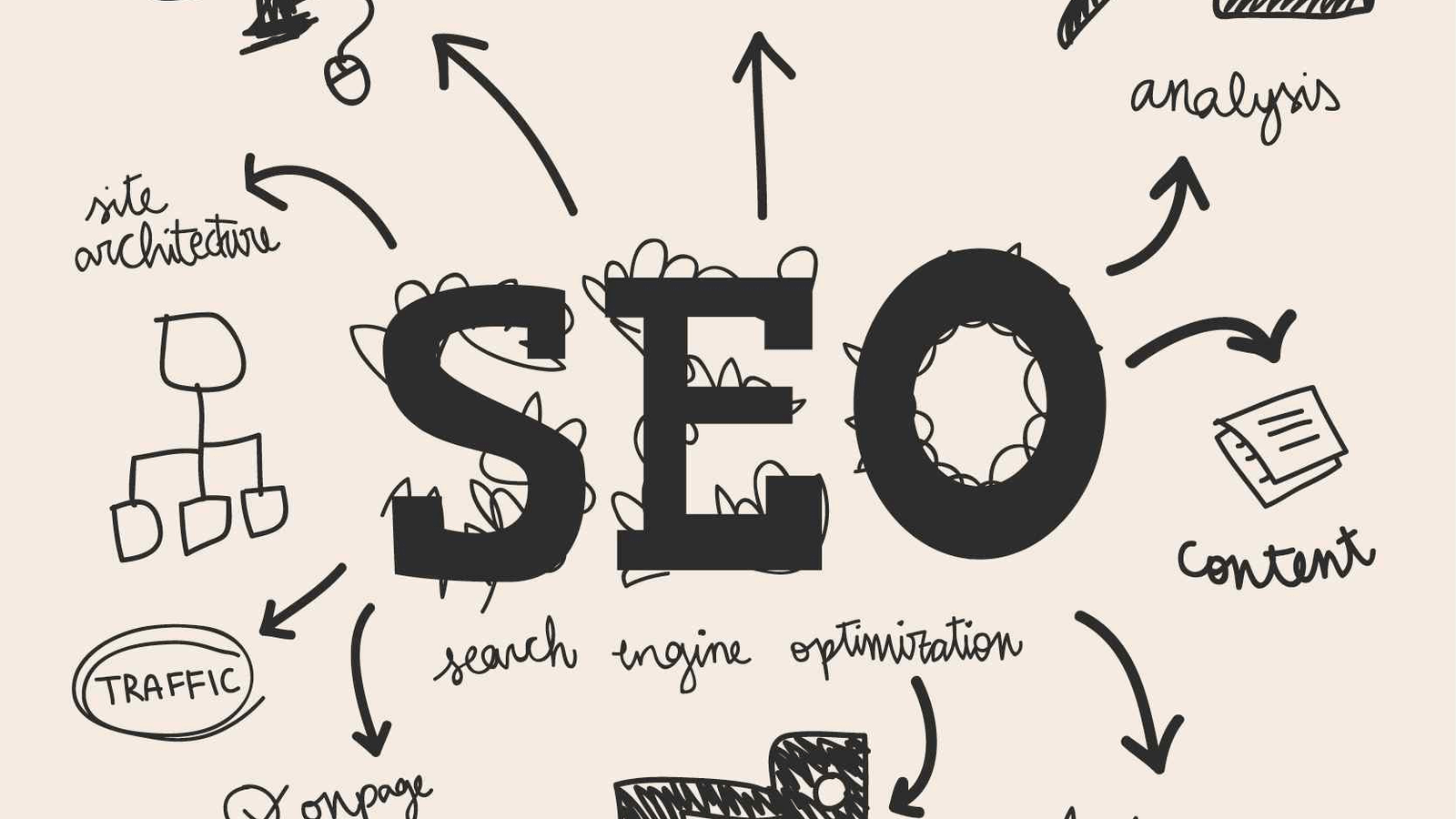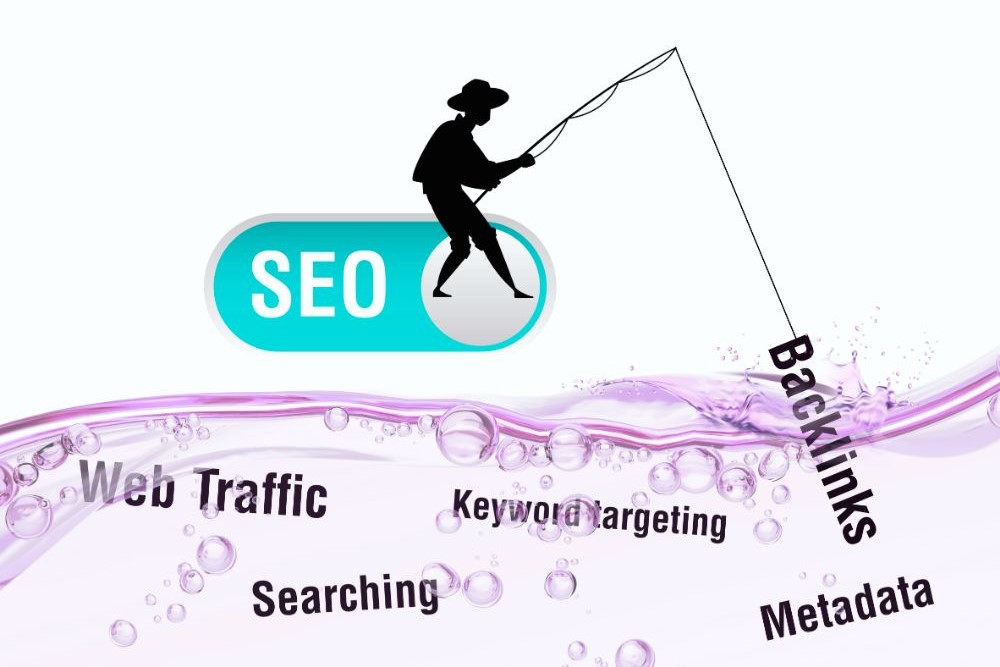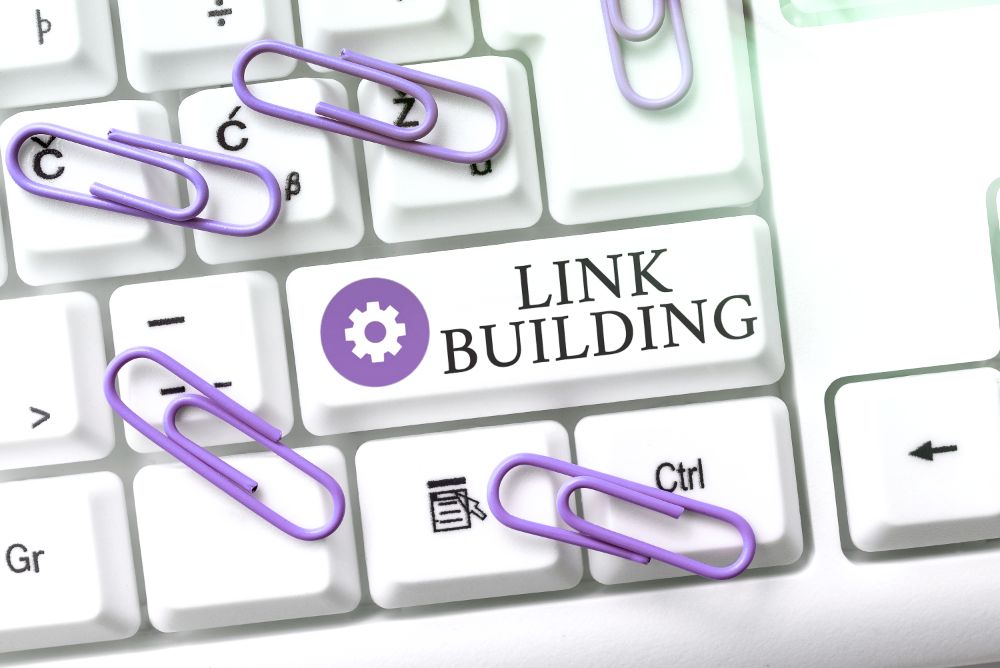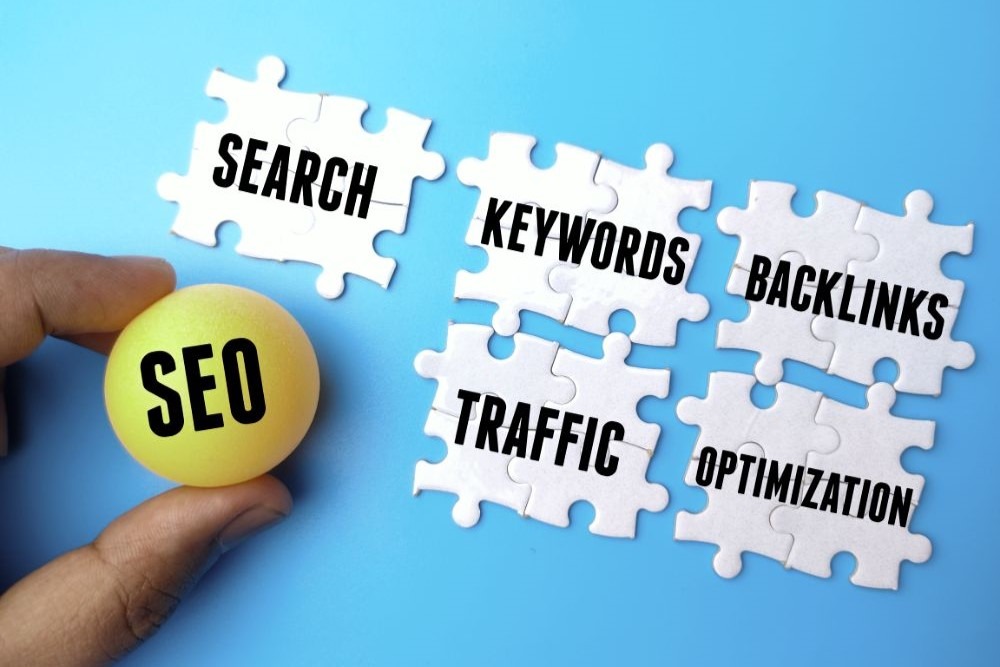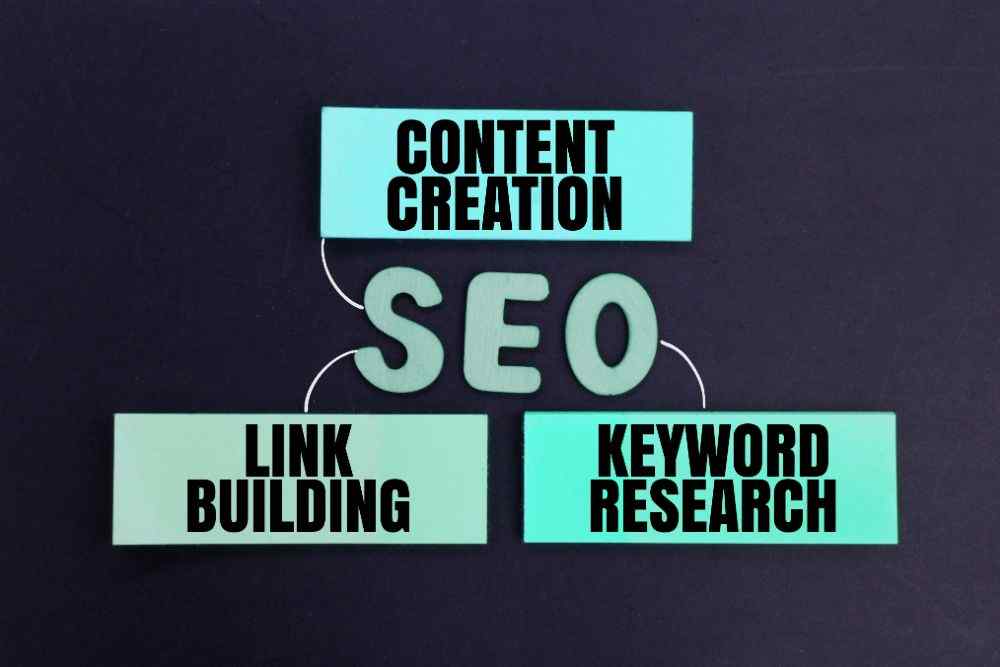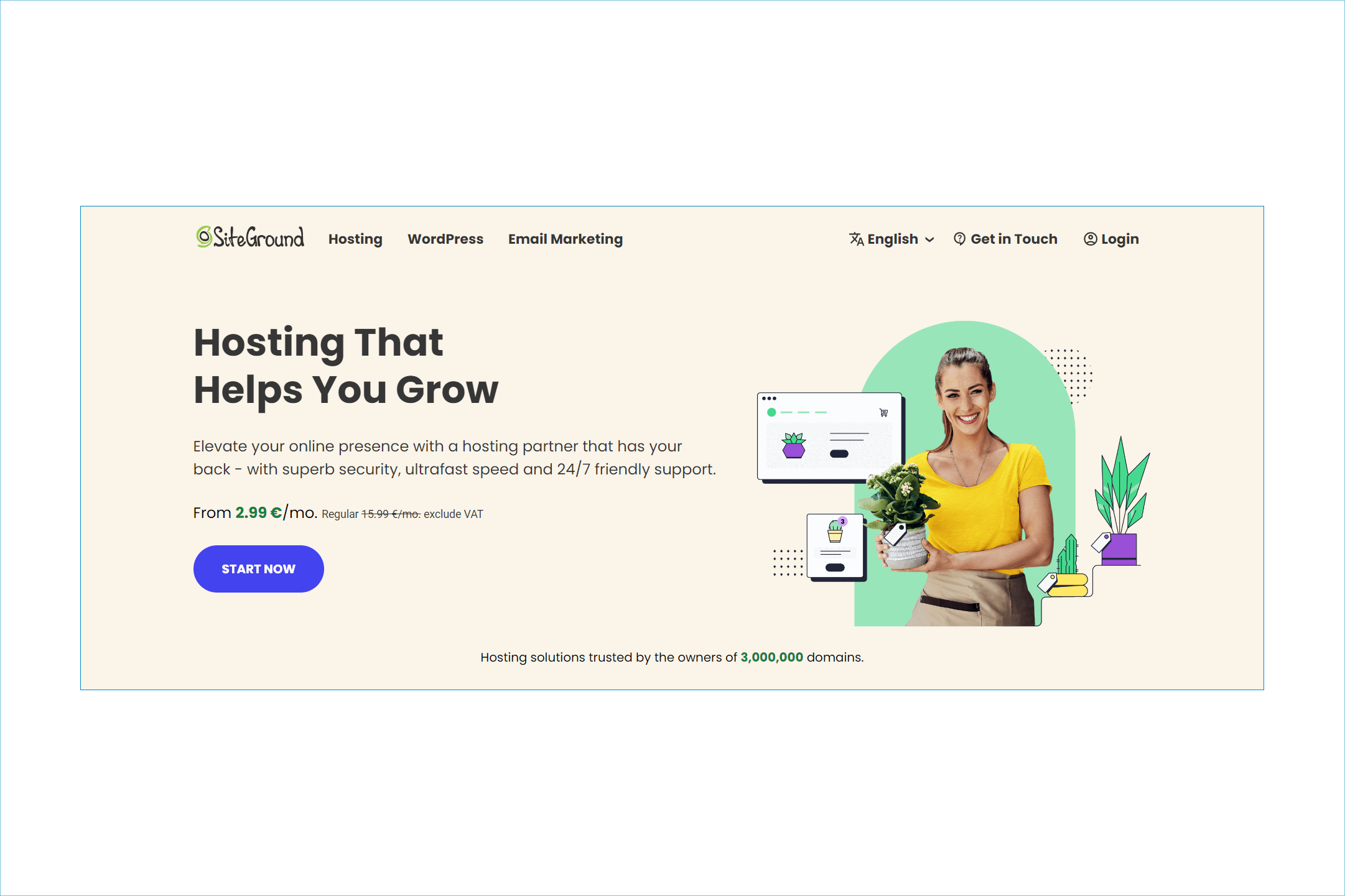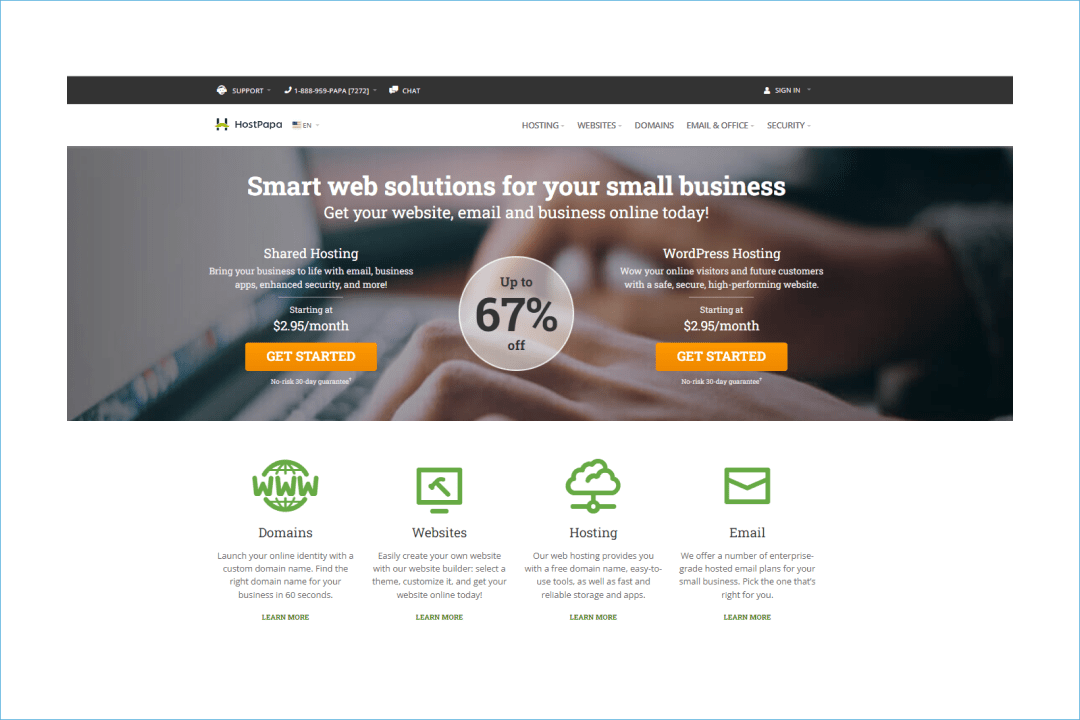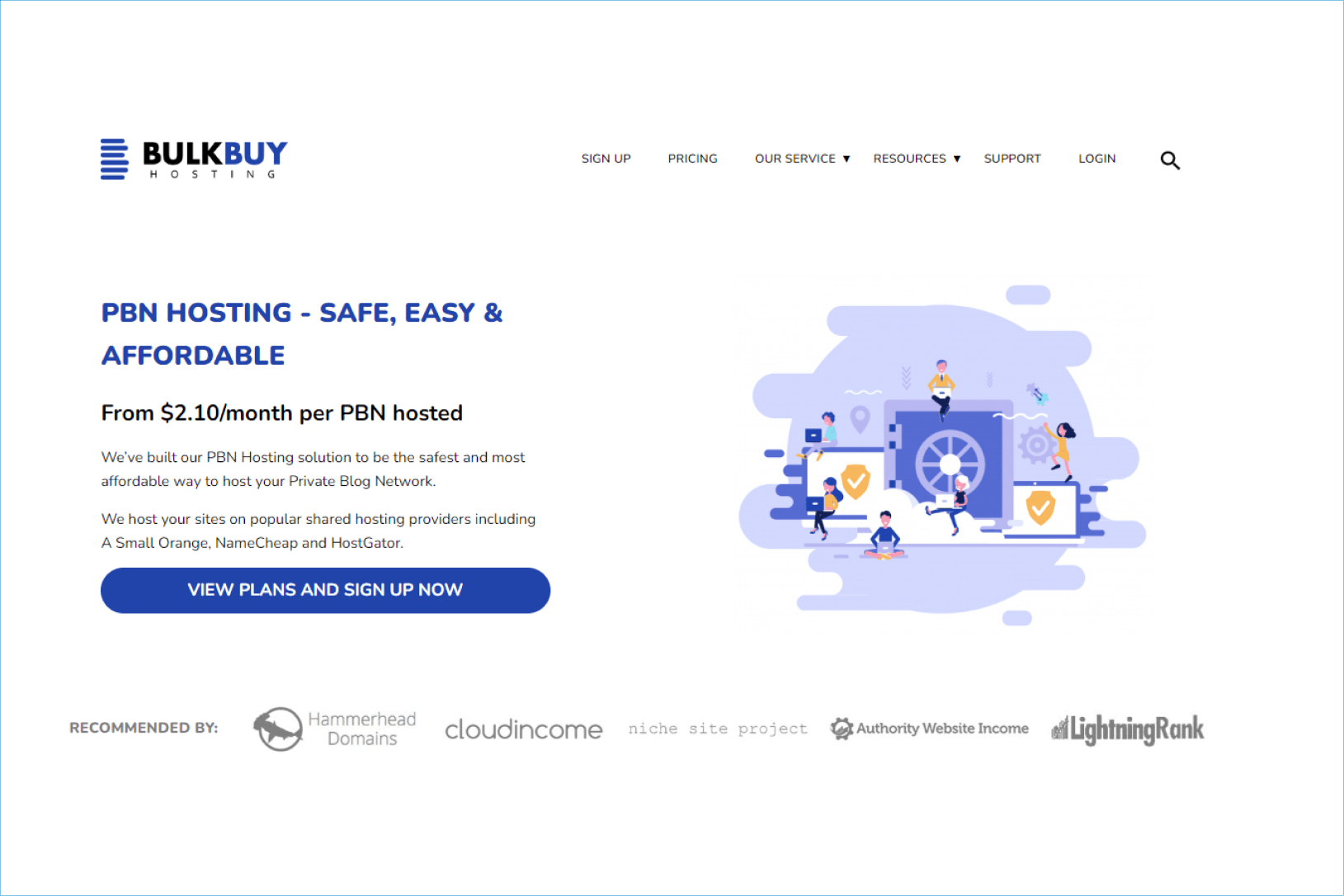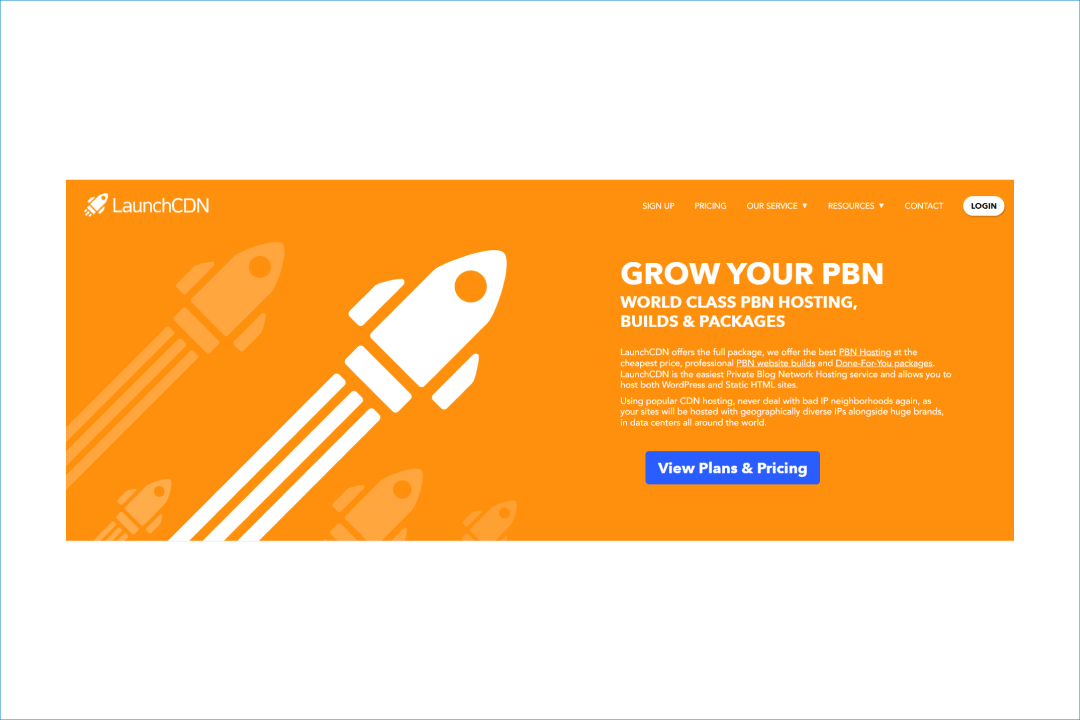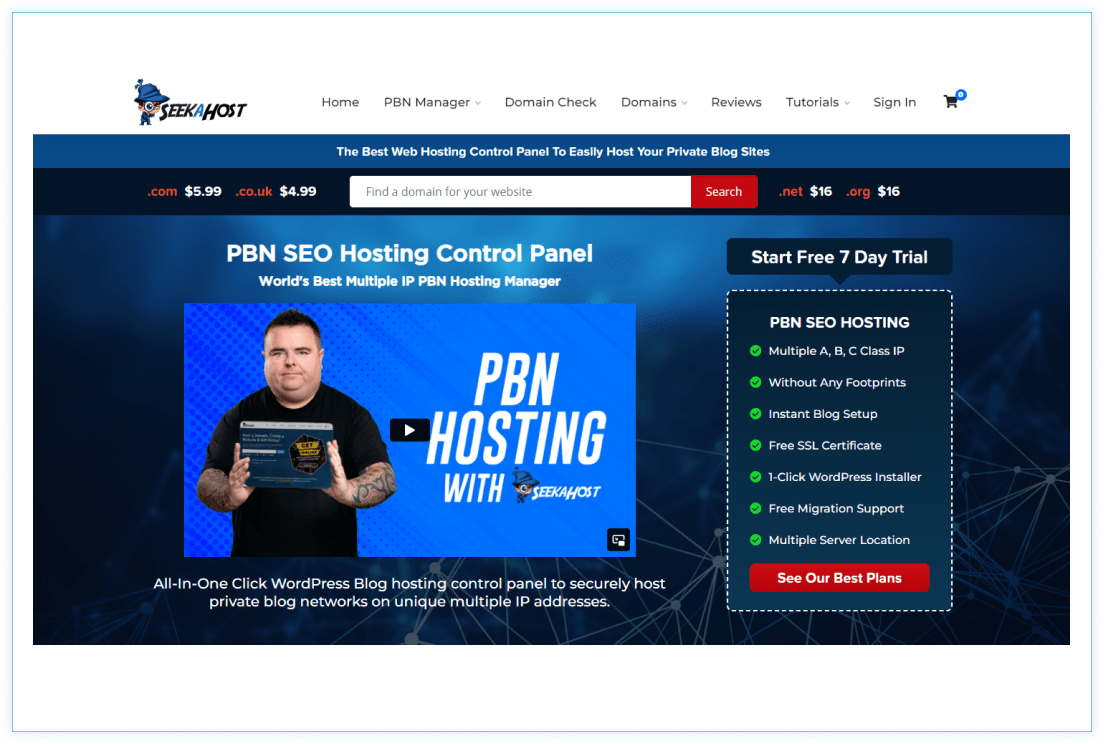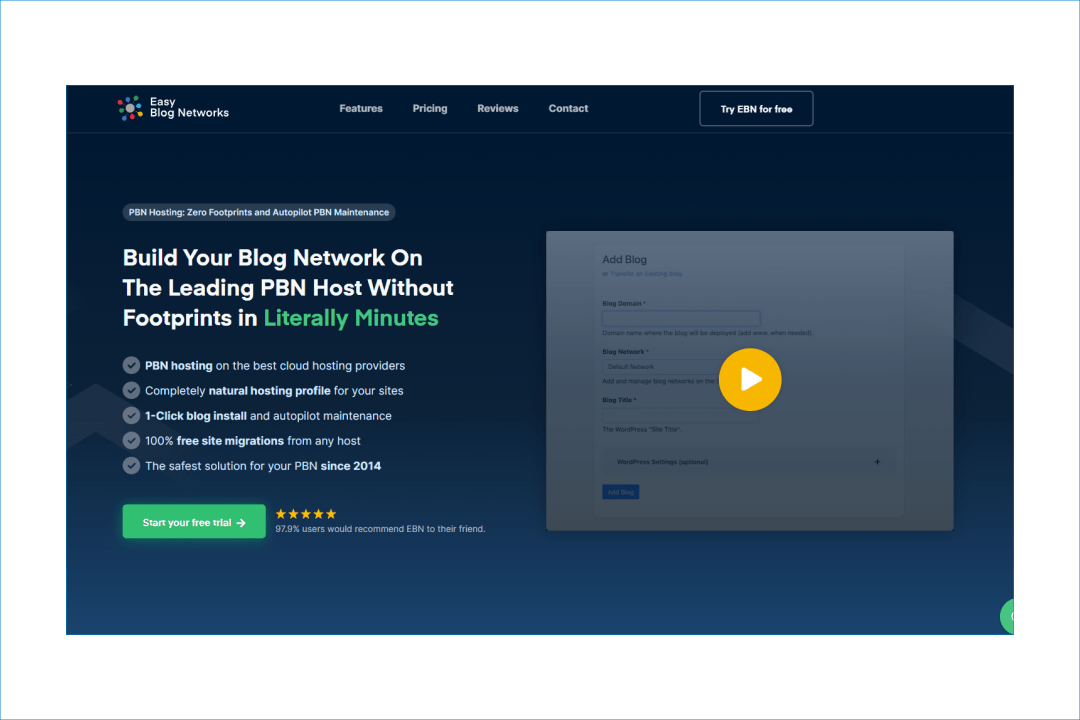
Introduction
Backlinks play a crucial role in SEO by boosting website rankings and increasing visibility. Website owners and marketers can profit from selling backlinks, but it’s essential to do so ethically and in line with Google’s rules to avoid penalties. This guide covers everything you need to know about selling backlinks, from their importance to finding buyers and determining prices.
Key Takeaways
- Backlinks are essential for SEO as they improve website rankings, establish authority, drive traffic, and build industry relationships.
- While selling backlinks isn’t illegal, Google considers it part of a ‘link scheme’ that violates search guidelines. Ethical selling involves transparency and adding value.
- Pricing backlinks requires considering metrics, traffic, relevance, and market trends.
- To sell backlinks effectively, enhance your website’s authority, maintain high-quality content, and establish relevant partnerships.
- Reach out to potential buyers through SEO agencies, online marketplaces, social media, and your own network to maximize sales opportunities.
Why Are Backlinks So Important?
Backlinks are links from one website to another. They act as endorsements, showing the value and relevance of the linked content. They are crucial for search engine optimization (SEO) because they help websites rank higher in search results by demonstrating popularity and authority.
The significance of backlinks includes several key aspects:
- SEO Ranking: Backlinks are important for search engines to evaluate a website’s content quality and relevance. Websites with more high-quality backlinks are likely to have better search result rankings.
- Website Authority: Backlinks improve a website’s authority and credibility. Search engines consider websites with high-quality backlinks more trustworthy and authoritative, leading to higher search engine rankings and increased traffic.
- Traffic Generation: Backlinks can drive additional traffic to a website by providing opportunities for readers to click through to the linked content. This increase in traffic can lead to higher engagement, sales, and other important metrics.
- Relationship Building: Creating backlinks helps connect with other websites in the same industry or niche. Collaborating with other websites through backlinks can lead to valuable partnerships and opportunities for cross-promotion and collaboration.
What Does Selling Backlinks Mean?
Selling backlinks refers to the practice of exchanging or purchasing hyperlinks from one website to another for the purpose of improving search engine rankings. It involves the transaction of links between websites, where one website pays another to include a link to their site.
While selling backlinks can be a profitable, it’s essential to perform it ethically and in compliance with search engine guidelines. Google, for instance, considers selling or buying backlinks solely for the purpose of manipulating search rankings as a violation of its guidelines, which could result in penalties such as a decrease in search visibility or even removal from search results.
Google’s Stance on Selling Backlinks
While selling backlinks is not illegal, it can conflict with search engine guidelines. Google views paid backlinks as part of a ‘link scheme’ that violates its search guidelines.
When a site owner pays for a link instead of earning it through quality content, it undermines Google’s ranking system. That’s why Google periodically releases spam updates to counteract the influence of paid backlinks on search rankings. (you can learn more here)
Despite Google’s discouragement, many site owners continue to buy and sell backlinks. However, it is possible to do it in a way that appears natural and adds value to the linking website, even if they are paid for.
How to Sell Backlinks Ethically?
To sell backlinks ethically, it is essential to adhere to a set of best practices that align with Google guidelines while ensuring the integrity of your website. Here are some key steps to sell backlinks ethically based on the information from the provided sources:
- Choose Relevant Partnerships: Selecting the right partnerships within the same niche is crucial for ethical link selling. Selling backlinks to irrelevant websites outside your niche can damage your website’s integrity. Ensure that the websites you partner with align with your content and audience interests.
- Collaboration with Link-Building Agencies: Link-building agencies specialize in creating high-quality backlinks for websites. Partnering with a reputable link-building service can be an ethical approach to selling links, as these agencies typically stick to best practices and search engine guidelines.
- Maintain Content Relevance: It is important to ensure that the backlinks you sell naturally fit into high-quality content that provides value to the reader. Links should seamlessly integrate into your content and enhance the user experience while adhering to Google guidelines.
- Follow Google’s Guidelines: Understand and comply with Google’s guidelines on paid links. Ensure that the links you sell are a result of high-quality, niche-relevant content and not manipulative schemes designed to trick search engines. Use tags like “nofollow” and “sponsored” to indicate paid or sponsored links without passing PageRank value.
- Focus on Quality Over Quantity: Prioritize the quality and relevance of backlinks over their quantity. Selling high-quality, genuine backlinks that offer value to users is key to ethical link selling and maintaining your website’s credibility and search engine ranking.
- Transparency and Compliance: Practice transparent link-selling practices and comply with search engine guidelines. Disclose sponsored content appropriately and ensure that your link-selling activities align with ethical standards and best practices to avoid penalties and maintain your site’s integrity.
How to Prepare Your Website To Sell Links?
Preparing your website to sell links involves several important steps to ensure that your site is attractive to potential buyers and complies with ethical and search engine guidelines.
Here’s how to get your site ready:
- Set Ground Rules: To maintain your website’s quality and integrity, set rules for the types of backlinks you are willing to sell. Ensure that the linked content is relevant to your audience, the linked site is of high quality without spammy or unethical websites, and the sponsor’s intention is transparent with no hidden agendas.
- Enhancing Website Authority: Elevating your site’s authority is paramount. This entails not only advancing your site’s ranking in search results but also establishing it as a credible and reliable source within your niche. Regularly updating your site with high-quality content, adhering to ethical SEO practices, and acquiring organic backlinks from reputable sites are pivotal steps in this endeavor.
- Maintaining Top-Quality Content: Your site’s content should be valuable, informative, and pertinent to your target audience. High-caliber content draws in more visitors and increases the likelihood of other sites desiring to link to yours. Consistently refresh your blog or news section with original, compelling content that resonates with your intended audience.
- Boosting Audience Engagement: Foster engagement with your audience across various platforms, such as social media, newsletters, and comment sections on your site. An engaged audience leads to heightened traffic and a more appealing proposition for potential link buyers. Utilize analytics tools to gain deeper insights into your audience and tailor your content to their preferences and requirements.
How to Price Your Backlinks?
When setting the price for your backlinks, it’s important to consider various factors to attract buyers while maintaining your website’s value and integrity.
Here are the key factors that can help you effectively price your backlinks:
- Metrics: Backlink pricing is often influenced by the domain authority (DA) or domain rating (DR) of the linking website. Websites with higher DA or DR typically command higher prices for backlinks.
For more information about DR and DA, read this article: Domain Rating Vs. Domain Authority.
- Traffic and Organic Reach: Websites with higher organic traffic and a larger audience tend to charge more for backlinks due to the potential exposure and visibility they offer.
Organic traffic shows that a website is doing well because only a small portion of websites manage to attract visitors naturally.
- Relevance and Niche: The relevance of the linking website to your niche plays a significant role in pricing backlinks. Backlinks from websites in a related niche are often more valuable and can command higher prices.
- Link Type: As mentioned before, do-follow links are usually more valuable than no-follow links because they pass on SEO value. Therefore, they are generally priced higher than no-follow links. Learn more about different types of links in this article: https://quirk.biz/different-types-of-backlinks/
- Placement and Visibility: Where you position the link on your website can impact its worth. Links that are prominently placed, such as within the main body of a blog post where they are easily seen, might have a higher price compared to links that are hidden in the sidebar.
- Market Trends and Demand: Backlink prices can fluctuate based on market trends, demand, and the overall cost of link-building services. Factors like inflation and increasing costs in the SEO industry can impact backlink pricing.
How to Find Buyers for Your Links?
Selling backlinks requires reaching out to potential buyers effectively. Here are some strategies to help you:
- Connect with SEO Agencies and Freelancers: SEO agencies and freelancers often seek quality backlink opportunities for their clients. Reach out to them via email or message, explaining how your offerings can benefit them. Ensure your communication is informative and not overly promotional.
- Use Backlink Marketplaces: Online platforms function like virtual marketplaces for buying and selling backlinks. List your backlinks there with clear descriptions to attract potential customers. This streamlined approach makes selling links faster and easier.
- Leverage Social Media and Online Forums: Professional networks like LinkedIn and forums such as Reddit and Quora can be fruitful hunting grounds for buyers. Join relevant groups, engage in discussions, and inform members about your link-selling services. Remember to be respectful and avoid spamming.
- Tap into Your Network: Don’t overlook your existing network, including website owners, bloggers, and businesses in your niche. Reach out to them directly or through mutual contacts. Past customers or colleagues familiar with your website’s quality may be interested in purchasing backlinks.
Finding potential buyers and selling links takes time and patience. Stay consistent with your outreach efforts and focus on improving your website’s quality to attract more buyers over time.
If you want to buy backlinks, learn how in this article.
What are the Best Platforms to Sell Backlinks?
If you want to attract serious buyers, it’s crucial to sell your backlinks on reputable platforms.
Here are some of the best platforms to consider:
- MeUP.com: The purpose of MeUP.com is to provide a platform for publishers to monetize and grow their digital space. The platform focuses on finding the right advertisers for each publisher’s space, enhancing their revenue with no added risk. The site offers flexible management options, allowing publishers to choose between fully-managed or self-managed approaches that fit their needs and let them focus on what they do best. We, at Quirk.biz highly recommend MeUP!
- BlackHatWorld: BlackHatWorld is a vibrant community for digital marketers and merchants, providing a variety of products and services like web 2.0 sites, PBNs, guest posts, and link-building services. They leverage proprietary technology to offer high-quality, cost-effective link-building packages to the SEO community. By using custom-built tools and unique methods, they can efficiently generate top-notch links.
- Fiverr: While Fiverr may be expensive and crowded, it’s still a great place to promote your backlink services. To expand your audience, create a relevant Fiverr gig, complete your profile, and share on popular social media platforms. You can also ask specific individuals to hire you through Fiverr. Make sure your work is high-quality and aim to receive 5-star ratings.
What is a Link Farm, and How is it Different from Selling Backlinks?
A link farm is a group of websites that all hyperlink to every other site in the group for the purpose of artificially inflating the search engine rankings of these sites. This practice is considered a black hat SEO technique and is in violation of search engine guidelines.
Search engines like Google penalize websites that engage in link farming as it manipulates search results and undermines the quality and relevance of search engine rankings. Link farms are created solely to increase the number of backlinks to a website without considering the quality or relevance of those links.
There are several main differences between Link Farm and selling backlinks:
Purpose and Structure:
- Link Farms: A link farm is a network of websites created with the primary purpose of linking to each other to manipulate search engine rankings. These sites typically lack meaningful content and exist solely to generate large quantities of backlinks.
- Selling Links: Selling links involves a website owner providing backlinks from their site to another site in exchange for payment. The main site usually has its own valuable content and sells links as an additional revenue stream.
Quality and Relevance of Links:
- Link Farms: Links from link farms are generally low-quality and irrelevant to the content they link to. The focus is on quantity rather than quality.
- Selling Links: When done properly, selling links can involve high-quality, relevant links. However, the ethicality and quality can vary based on how the links are sold and whether they add genuine value.
Compliance with Search Engine Guidelines:
- Link Farms: Link farms are a direct violation of search engine guidelines. Search engines like Google actively penalize sites involved in link farming, which can lead to significant drops in rankings or removal from search indexes.
- Selling Links: Selling links can also violate search engine guidelines, particularly if the links are not disclosed as paid (e.g., through “nofollow” or “sponsored” attributes). Ethical link selling involves transparency and commitment to guidelines to avoid penalties.
Impact on User Experience:
- Link Farms: Link farms provide a poor user experience because they usually have little to no relevant content. Their primary function is to host links, not to serve useful information to visitors.
- Selling Links: Selling links does not necessarily impact user experience negatively if the host site maintains high-quality content. The key is ensuring that the paid links are relevant and beneficial to the users.
What is a Private Blog Network (PBN)?
A private blog network (PBN) is a network of websites that only exists to provide backlinks to another website and boost its Google search rankings.
PBNs are typically created by building new websites or buying old, authoritative domains and then linking from those domains to the website(s) that need ranking boosts. The idea is to artificially inflate the perceived authority of the target website in the eyes of search engines. However, using PBNs for SEO clearly violates Google’s Webmaster Quality Guidelines and can result in harsh penalties. Google can identify PBNs through footprints like shared IP addresses, web hosting providers, domains purchased from auction sites, and blocking third-party link analysis tools.
Selling links from a Private Blog Network (PBN) requires a strategic approach to ensure effectiveness and avoid penalties from search engines. If you want to create your own PBN, make sure that each website looks natural and has a variety of content types, such as articles, blog posts, and multimedia. Learn more about how to build PBNs here: https://quirk.biz/how-to-build-a-private-blog-network-pbn/
Conclusion
So, selling backlinks can be a good way to make money if you do it the right way. But you’ve got to be careful. Google doesn’t like it when people try to cheat by buying or selling backlinks just to boost their ranking. So, if you’re thinking about selling backlinks, make sure you’re doing it honestly and following the rules.
Before you start selling, make sure your website is in good shape and ready to attract buyers. And when it comes to pricing your backlinks and finding people who want to buy them, take your time and be smart about it. Reach out to the right people and use the right platforms.
Overall, selling backlinks can be a great way to boost your income, but only if you do it ethically and responsibly. So, keep that in mind as you dive into the world of backlink selling.


